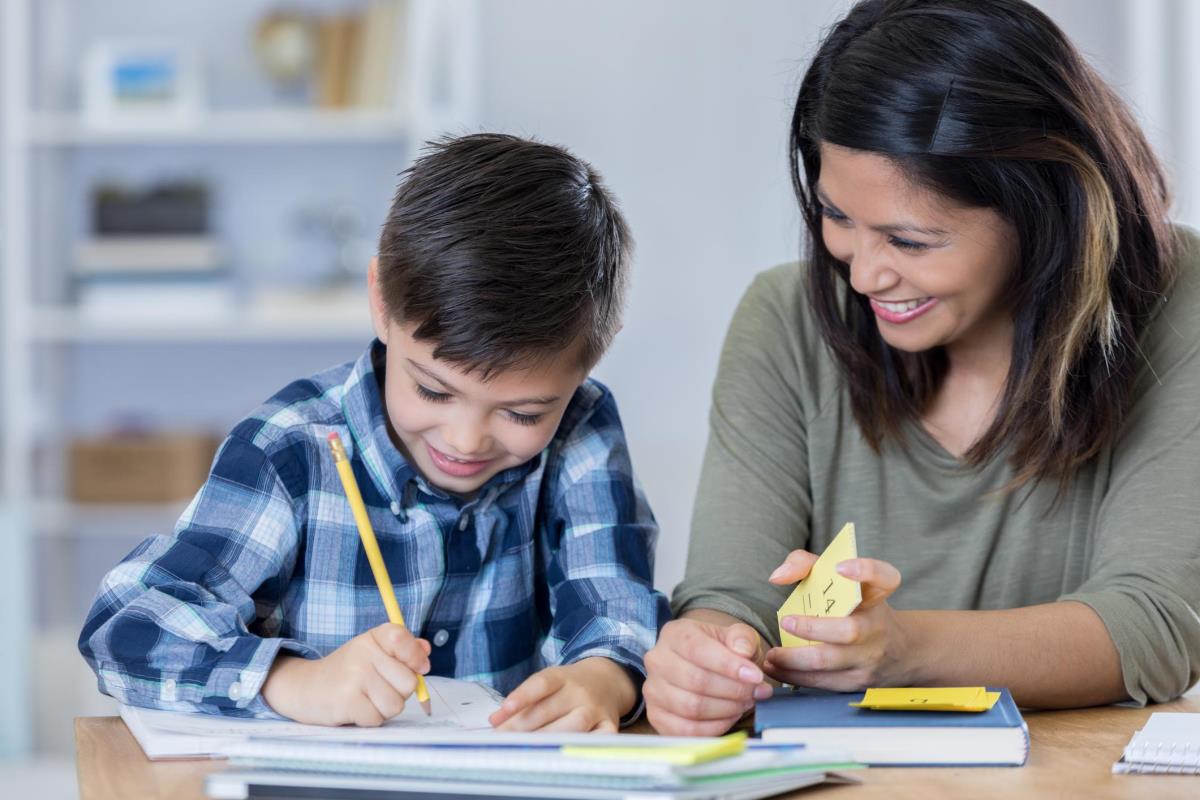How to Help Your Child with Reading

With children learning to read and write from a young age, discover some great ways you can help your child with all things literacy.
Reading and writing are integral for everything we do on a day-to-day basis. Helping your child to succeed and learn to love literacy can be easier and a lot more fun than you think.
The first skills your child will be taught in school is reading and writing. The national curriculum's goal is to ingrain students with a strong understanding of language, both spoken and written. The importance of literature is also emphasised with the hope of instilling a life-long love of reading.
Even at nursery level, many schools are starting to teach the fundamentals of literacy. As your child will be starting from such a young age, we've put together some helpful tips on how to get your little ones loving literacy.
Pre-Birth and Early Years
Reading to your baby in the womb is a good way to start them off. It will help them get to know you and other important people in your life's voices. Once they are born, just talking to them will help to plant the seeds of understanding. Reading to your baby can be relaxing and enjoyable for both of you, and it's a great part of a bedtime routine - even in the early days.
During School
The new National Curriculum
The overarching aim for is to promote high standards of language and literacy by equipping children with a strong command of the spoken and written word, as well as to develop a love of literature through reading for enjoyment. This accounts for children in all key stages (and even preschool), so don't be surprised to see your reception-aged child coming home with books to read, even if, in the beginning, there are very few or they have no words.
Speak with your child's teacher so that you can develop an understanding of what is going on at school and what you can do to help at home.
Understanding Phonics
Phonics works by breaking each word up into individual sounds before blending them together to make the word, and it’s the prime approach used to teach children across the UK. Each letter is given the sound it makes, for example, the letter "A" is pronounced "ah" not "ay". So "dog" would be broken down to the "d" "o" and "g" sounds then strung together to make the word. When they are first learning you will hear your child pronounce each letter before they finally produce the full word.
Keep in mind some words don't follow the phonics rule. These may be given to your child as a list of 'tricky' words. Use these words, even spelling them out, whenever you can. Sometimes pointing out the context of the word in the sentence may help them to decipher the meaning and the word itself.
At Home
Instilling a Love of Books
With all the reading assigned as homework, it's important to ensure that your child learns to love reading, not just do it. Fortunately, it's not that difficult as there are so many fun ways to enjoy a book. Make it a cold weekend treat to cuddle under the covers with a cup of hot chocolate and talk about your favourite childhood books and stories and read them to your children. Encourage them to plop down on their bed or a comfy chair with a good book and enter an exciting story.
You could even create a weekly family book club where you each choose a book to read and gather together with snacks to talk about what you thought of it.
Ways You Can Help Your Child With Reading:
- Learn the phonics alphabet with them and use it to spell out words wherever you can
- Sound out and say words when you're out and about
- Download fun computer games and apps such as Reading Eggs to help with learning to read
- Ask your child to start sounding out and saying easy words
- If they are struggling, help them by pointing to the appropriate visuals
- Don't compare your child's reading level to other children in their class or even your other children
- Visit your local library together to discover new books to take home
- Speak to your child’s teacher if you feel like they are struggling for advice and support
The most important thing is to make children enjoy reading, if they are tired or cranky, stop have a break.





